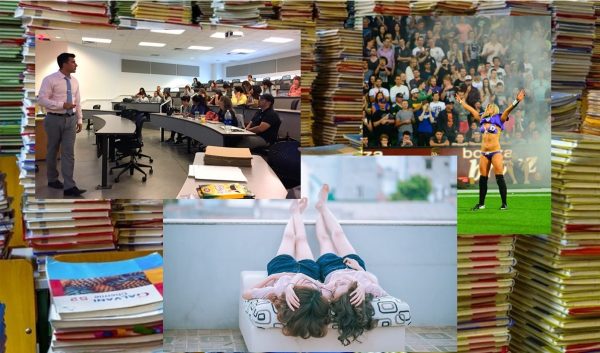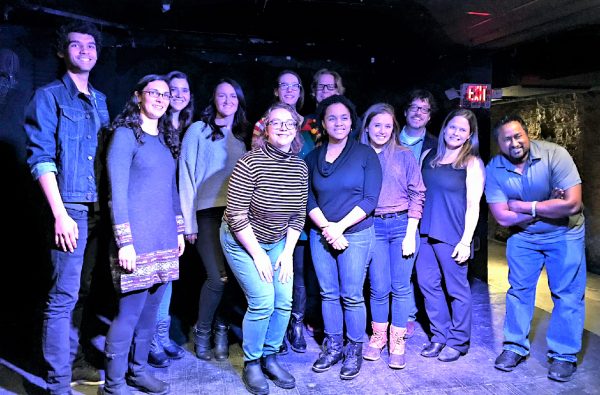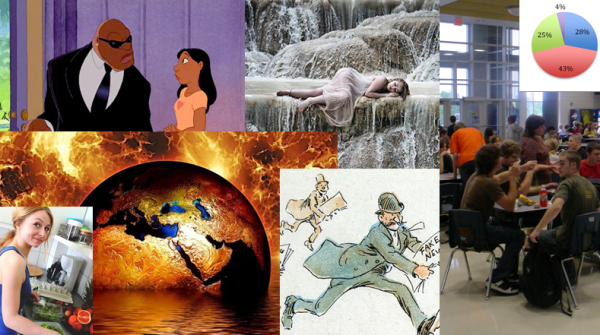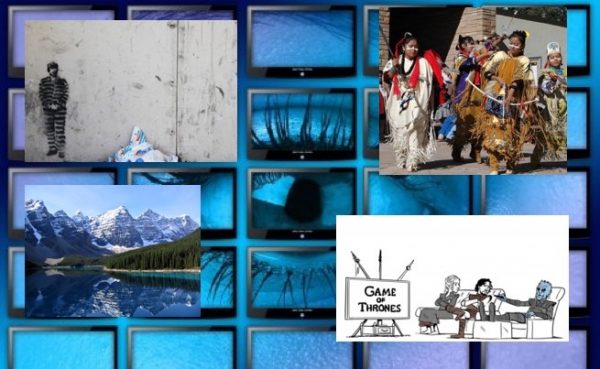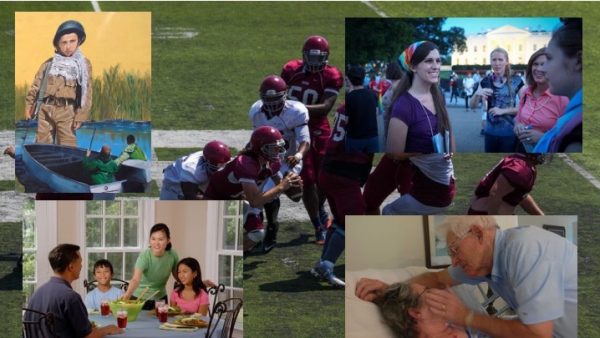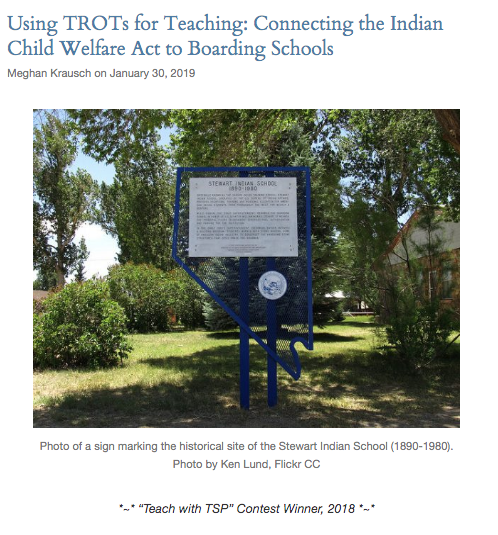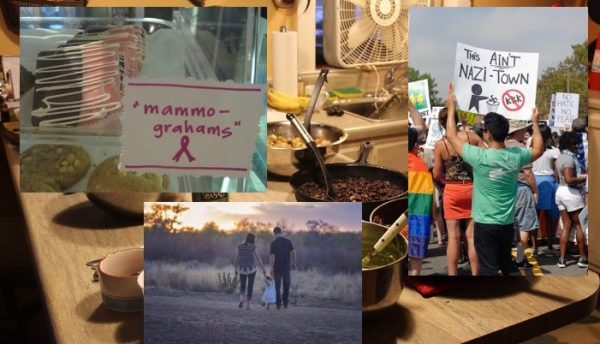Friday was the final TSP Board meeting for long-time member and graduate editor Allison Nobles. Allison marked the occasion with some remarkably candid and heartfelt reflections of her time on TSP, which she generously agreed to share with our readers. Although a bit more backstage than our usual TSP fare, we offer Allison’s remarks because they are such a powerful tribute to the special group of graduate students who make TSP possible–AND because it’s more important than ever to share such moments of gratitude, grace, and togetherness with each other in the face of the COVID-19 crisis.
— TSP Editors Doug Hartmann and Chris Uggen
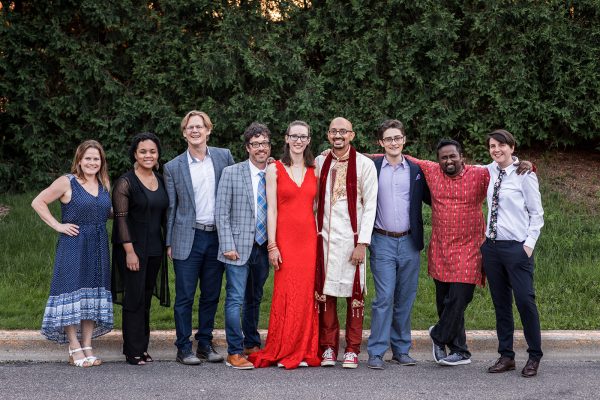
In the spring semester of my first year in grad school, in 2015, several of my cohort-mates joined The Society Pages (TSP). I tried to pretend not to be interested, but in reality, I was super jealous. I remember one morningI heard the TSP crew laughing from another room. It just sounded like everyone was having a great time. Plus, my cohort-mates were actually writing stuff in their first year of grad school and sharing it all over facebook — “look at this new thing I wrote!”
I knew I had to get in there.
Essentially, The Society Pages is a website where grad students (and others) write stuff about sociological research — what new research is coming out, how sociology can speak to current events, and so on. But it’s much, much more than that. TSP supplies you with all sorts of intangible skills and social connections that go beyond its purpose on paper.
For me, TSP was a community, a space where I found friendship and support, and a place where I learned I had value. Maybe that sounds harsh — but as a grad student in my early 20s, constantly struggling with imposter syndrome and trying to figure out my place in the world, I seriously needed that validation. Through my time with TSP, I learned that my writing is worth reading, that people actually want to know my opinions, that they cherish my friendship, and that they value my leadership.
I also learned a lot about the field of sociology, about academia, and I picked up quite a few useful skills along the way. Sociology is HUGE, diverse, and I learned that mostly, I like all of it. It doesn’t have to be boring — there’s plenty of space for creativity in sociology — and it doesn’t have to be jargony or confusing for the sake of being confusing. In my time at TSP, I came to truly value public sociology and doing public sociology in a way that can be understood by people who don’t know much about it.
Here’s another big thing I learned: my colleagues are freaking awesome. When you’re in grad school, it’s hard to get a sense of your fellow grad students’ talents, skills, and ambitions (again, see imposter syndrome). You often don’t even get to read anything they’ve written until it’s published in a journal. In TSP, you not only get to see people write stuff pretty often, you get to workshop their writing during Friday meetings, hear their creative ideas in brainstorming sessions, and listen to why they are passionate about particular research during the days we pitch discovery articles. And if you pay attention, you also learn what your colleagues are good at: you see who is great at rephrasing things other people say, who asks really detailed questions you never would have thought of, who sees the “big picture,” who can type and talk at the same time, who gives constructive yet supportive feedback, who can teach you how to do a literature search without making you feel like a kindergartener, and whose energy makes everyone else perk up. To all of my colleagues during my time at TSP, I’m so glad I got to learn about you.
I’d be remiss if I didn’t mention that I spent nearly my whole term as grad student editor suffering some pretty serious and persistent concussion symptoms. I spend a lot of time thinking about how much more I could have done if that wasn’t the case, how much more I could have written, the new blogs I could have started, the ideas that never came to fruition. But I’m going to trust my very smart colleagues who have told me numerous times what a good job I’ve done as editor — and I know from the way they say it there isn’t an asterisk that says “even though you had a brain injury.”
I’ve never told anyone this, but I think in some ways TSP saved me during the past two years. Sure, maybe sometimes I pushed myself too hard or tried to do more than my brain was capable of because I was editor and felt like I couldn’t take a break. But I probably would have done that no matter what. TSP gave me a supportive space to still feel productive — something I desperately needed (see definition of grad student). It also kept me connected to people. I wasn’t able to attend very many things in the department at that time or really go out and do anything (I was social distancing before it was cool). TSP was my community. I showed up every Friday for our board meeting — often wearing dark sunglasses and a floppy hat — knowing I would be greeted with smiles, hugs, and sometimes bagels.
For all of those things and more, I say thank you.


